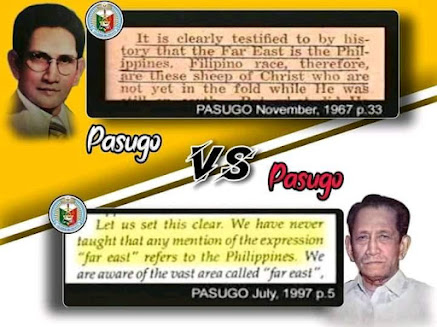1. PASUGO August 1965, page 4:
"The Bible was assembled into a single book through the efforts of the Catholic Church. The Church's councils, such as the Council of Carthage, played a significant role in deciding which books would be recognized as canonical" (Pasugo, August 1965, p. 4).
2. PASUGO January 1972, page 7:
"Historically, it was the Catholic Church that determined the canon of the Bible. The books of the New Testament were chosen based on decisions made in Church councils and synods" (Pasugo, January 1972, p. 7).
3. PASUGO February 1981, page 14:
"The formation of the Bible as a canon was a process overseen by the Catholic Church. This church determined which scriptures were considered sacred and should be included in the Bible" (Pasugo, February 1981, p. 14).
4. PASUGO November 1991, page 10:
"The Catholic Church was instrumental in the compilation of the Bible. Through various councils, the Church defined which texts were to be included in the New Testament" (Pasugo, November 1991, p. 10).
5. PASUGO March 2003, page 20:
"The canonization of the Bible was established by the Catholic Church, which held several ecclesiastical councils to finalize the inclusion of the books in the Bible as we know it today" (Pasugo, March 2003, p. 20).


